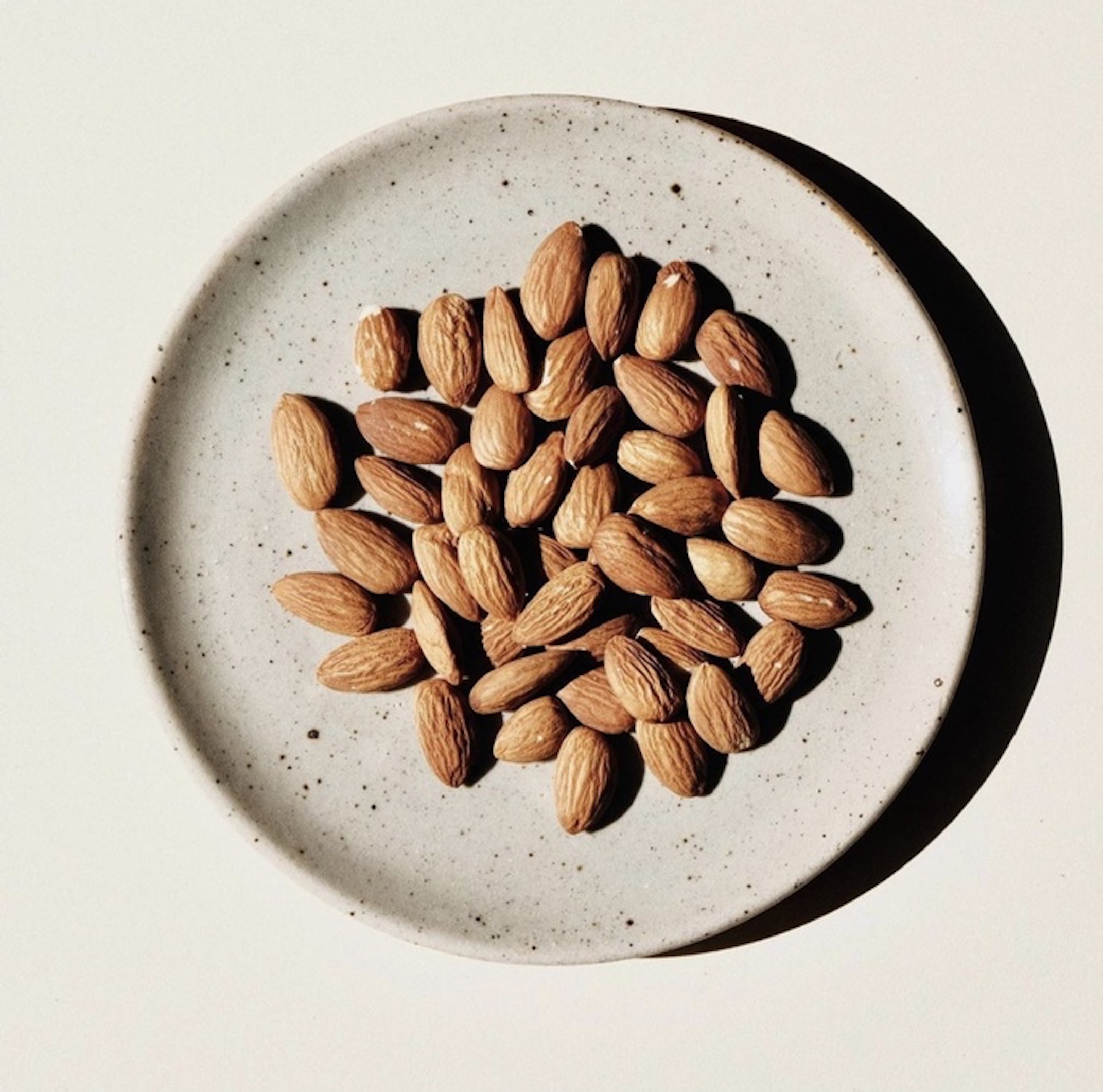



Living our fullest, most healthy life requires quite a bit of awareness. Of course, we don’t want to overthink everything and live in a state of paralyzing fear about what is good or bad for us… The modern world is full of chemicals and toxins, and man has truly pillaged the earth in the name of capitalism. That doesn’t mean there isn’t a wonderful, nutrient dense world we can tap into to fuel ourselves.
But sometimes, we can overdo things in the name of wellness. All things, including superfoods and healthy plant materials, should be utilized and consumed in moderation. Eating too much broccoli can lead to hyperthyroidism. Too much kale can cause mineral build-up, like calcium deposits. And certain grains, seeds, and nuts contain phytic acid, which can cause tooth decay and digestive duress. We’ll explain more.
Phytic acid is a naturally occurring compound found in plant seeds, some of which are categorized as nuts or grains, think cashews and quinoa. A little here and there won’t hurt, but if you live a healthy lifestyle and nuts and gluten-free grains like quinoa play a large role in your diet, it might be time to consider how to counteract them.
Phytic acid’s main evil is that it hinders our body’s natural mineral absorption—vital nutrients like iron, zinc, calcium, magnesium, and phosphorus. Studies show that iron and zinc deficiencies are major health concerns worldwide. As humans, we lack a specific enzymatic code that allows our bodies to process phytic acid, the role of which, in the seed, is to store phosphorus. Because we can’t break it down, it wreaks havoc on our mineral stores.
As a result of mineral deficiencies, chronic or mild, many people will suffer tooth decay. Calcium, magnesium, and phosphorus are crucial for dental integrity, and phytic acid prevents us from absorbing and storing those minerals all together. If phytic acid is heavily prevalent in the diet, the effects on oral health will be evident.
So what can we do about it? Don’t worry, you don’t have to avoid phytic acid all together. Don’t throw out your quinoa, your cashews, your walnuts and almonds! Several methods help to reduce and eradicate phytic acid from your favorite foods so you can continue to enjoy them and reap their many benefits, i.e. protein, magnesium, selenium, healthy fats, and fiber.
Soaking, sprouting, and fermenting your grains, seeds, and nuts can make a world of difference. Phytic acid’s main role is to harbor phosphorus that is released once the seed is germinated, feeding the plant source so it can begin growing. When we soak our nuts or grains, we begin the germination process, releasing the phytic acid.
Soak hard nuts overnight, for 8-12 hours. They can be easily blended into vegan cheeses, sauces, spreads, or nut mylks at that time, or dehydrated to restore their crunch. If you don’t have a dehydrator, try spreading them out evenly on a baking sheet in the oven at its lowest temperature for 8 hours until crisp, but not roasted. That way the nuts don’t lose their “raw” nutritional profile, are more bioavailable as a sprouted seed, and have the texture you crave.
Look for sprouted seeds and quinoa at the market. Many health food stores sell already sprouted nuts and seeds, like almonds and pepitas. These are great for snacking or throwing on top of salads or avocado toast!
Fermentation is another approach to battling phytic acid, though it takes more time and equipment, and changes the flavor profile and nutritional aspects of the food at hand. It definitely makes them a nutrient-dense (and gut-friendly!) powerhouse, just a very different experience. The lacto-fermentation creates an enzymatic atmosphere that breaks down the acid, and feeds the gut, so it’s a fun and interesting option to try.